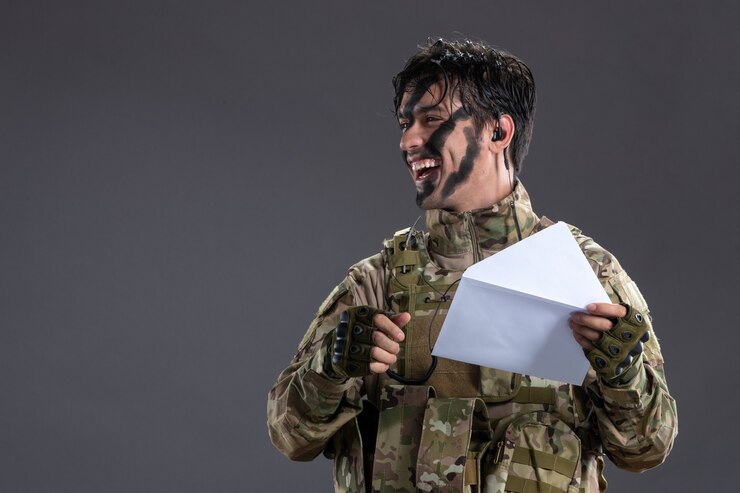The Ultimate Guide To Understanding Honorable Discharge Benefits
12 October 2023
3 Mins Read

toc impalement
An honorable discharge from the military is a point of pride and a gateway to valuable benefits and support for veterans. These benefits can significantly impact a veteran’s post-service life, covering healthcare, education, housing, and more. However, navigating the complexities of military honors and ensuring you receive what you’re entitled to can be daunting. That’s where an experienced attorney specializing in martial law and veteran benefits comes into play. I
Discharge Upgrades
Characterizing a military discharge is critical because it determines access to honorable discharge benefits and the jobs a veteran can seek after service. For example, veterans who receive a general or other than honorable (OTH) discharge do not have access to education benefits like the GI Bill or VA health care. A knowledgeable Veterans law attorney can review your case and help you complete the required forms to request a military discharge upgrade. In addition, a lawyer can ensure that all the necessary documentation is provided to support your claim. Those with OTH or bad conduct discharges can also appeal to their service’s Discharge Review Board, but the DARB can only look at upgrades within 15 years of the release. It can’t address general, dishonorable, or court-martial discharges. The DARB does not look at individual cases but the totality of circumstances and the factual record presented by each service member’s DRB or BCM/NR.
Character Of Service Determination
If you receive an other than honorable discharge, you do not have access to certain benefits such as the GI Bill or VA health care coverage. Getting those benefits requires getting a character of service determination from your regional VA office. A character of service determination is an evaluation that considers the circumstances that led to your discharge at separation, including what you did after you left the military. It also finds any third-party evidence that you submit. In addition to evaluating the circumstances, the VA must compare those circumstances with statutory and regulatory bars that bar veterans from receiving benefits. Each branch of the military has its own rules and customs, so one veteran can have a different outcome than another, even with similar circumstances. It would help if you had an attorney who could prepare the best case possible based on the military standards and your situation.
VA Disability Benefits
Veterans receiving less than an honorable discharge do not have automatic access to benefits, including VA healthcare and educational programs like the GI Bill. Many of these vets find that their disabilities – which they believe are related to their military service – cannot be covered because of their other than honorable status.
A dishonorable discharge is a punitive discharge that stems from a court-martial process and remains on a veteran’s permanent record. It carries the most serious consequences and prevents veterans from receiving benefits, such as healthcare or compensation. Other than honorable (OTH) discharges, however, carry much fewer consequences. Veterans with OTH discharges can qualify for benefits if they request medical treatment or file a compensation claim. In these cases, the VA will conduct a character of service determination case-by-case basis.
Trial
An honorable discharge indicates that you left military service under conditions other than dishonorable and can help you get benefits like VA healthcare, a home loan, and job search assistance. You can request a review of your discharge status with the Discharge Review Board. Still, you must bear the burden of proof and bring evidence such as military service records, employment history, character references or buddy letters, medical nexus evidence, and other supportive documentation. An Other Than Honorable (OTH) discharge means you left the military with some disciplinary action.
OTH discharges are characterized as undesirable and may limit your ability to find civilian work or receive veteran’s benefits. They also appear on your DD-214 for the rest of your life and can prevent you from reenlisting in the military. An OTH discharge can be upgraded to an honorable discharge if you appeal and win a Discharge Review Board trial. However, this is difficult; you need the right veteran law attorney.
Read Also:


















Comments Are Closed For This Article